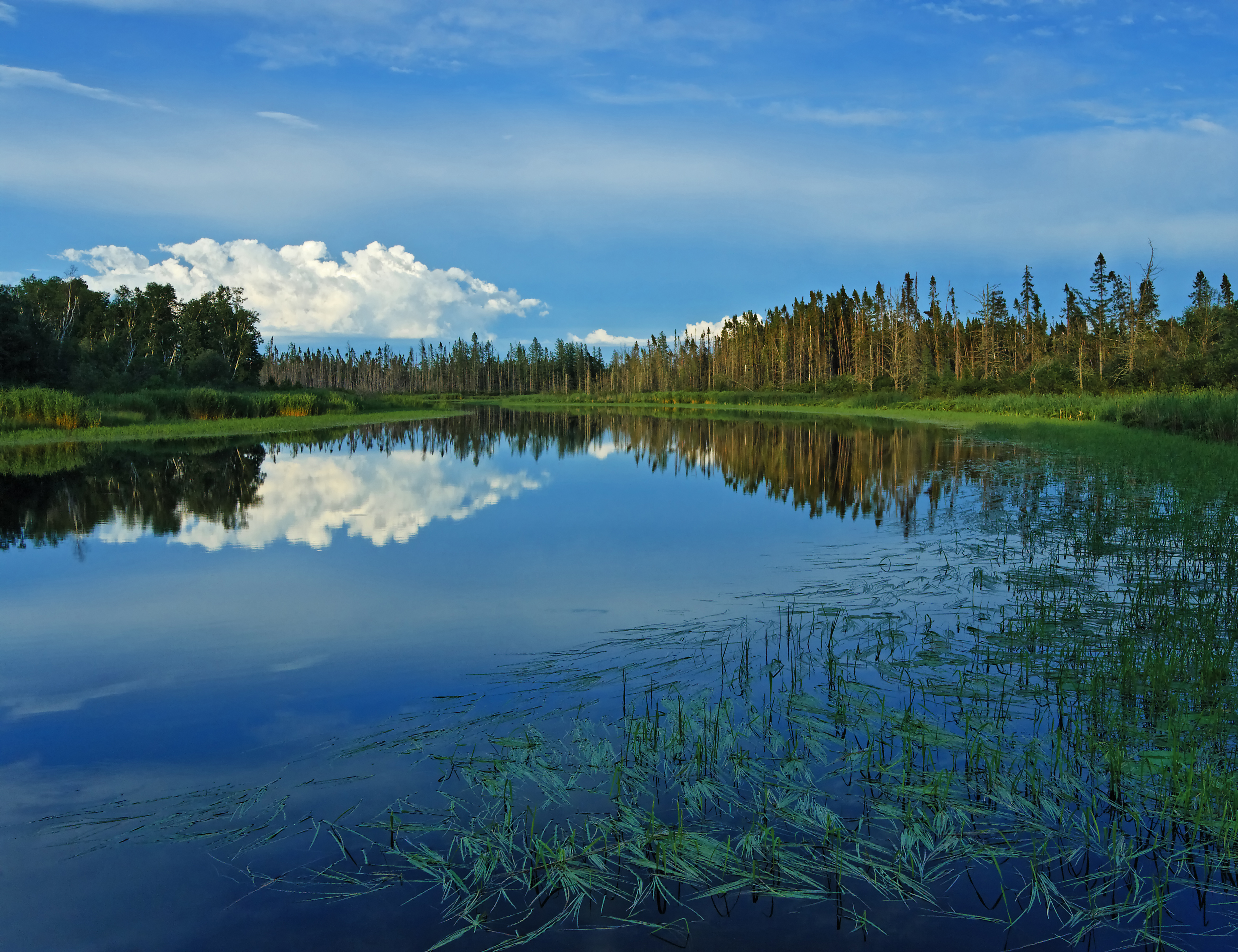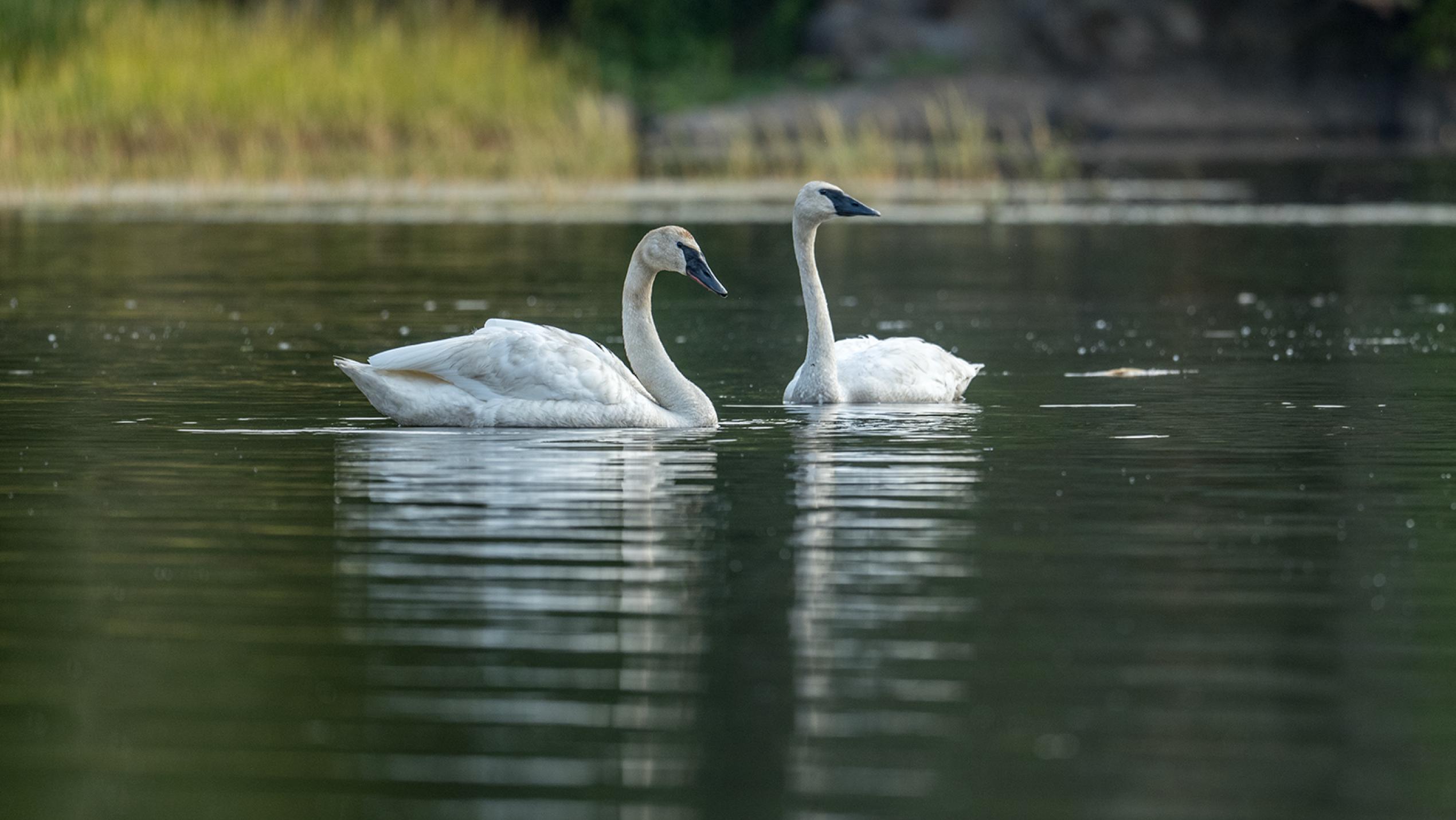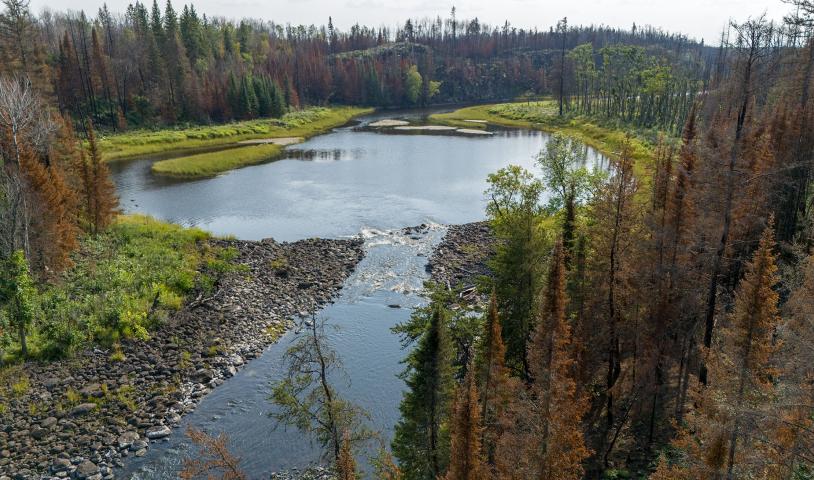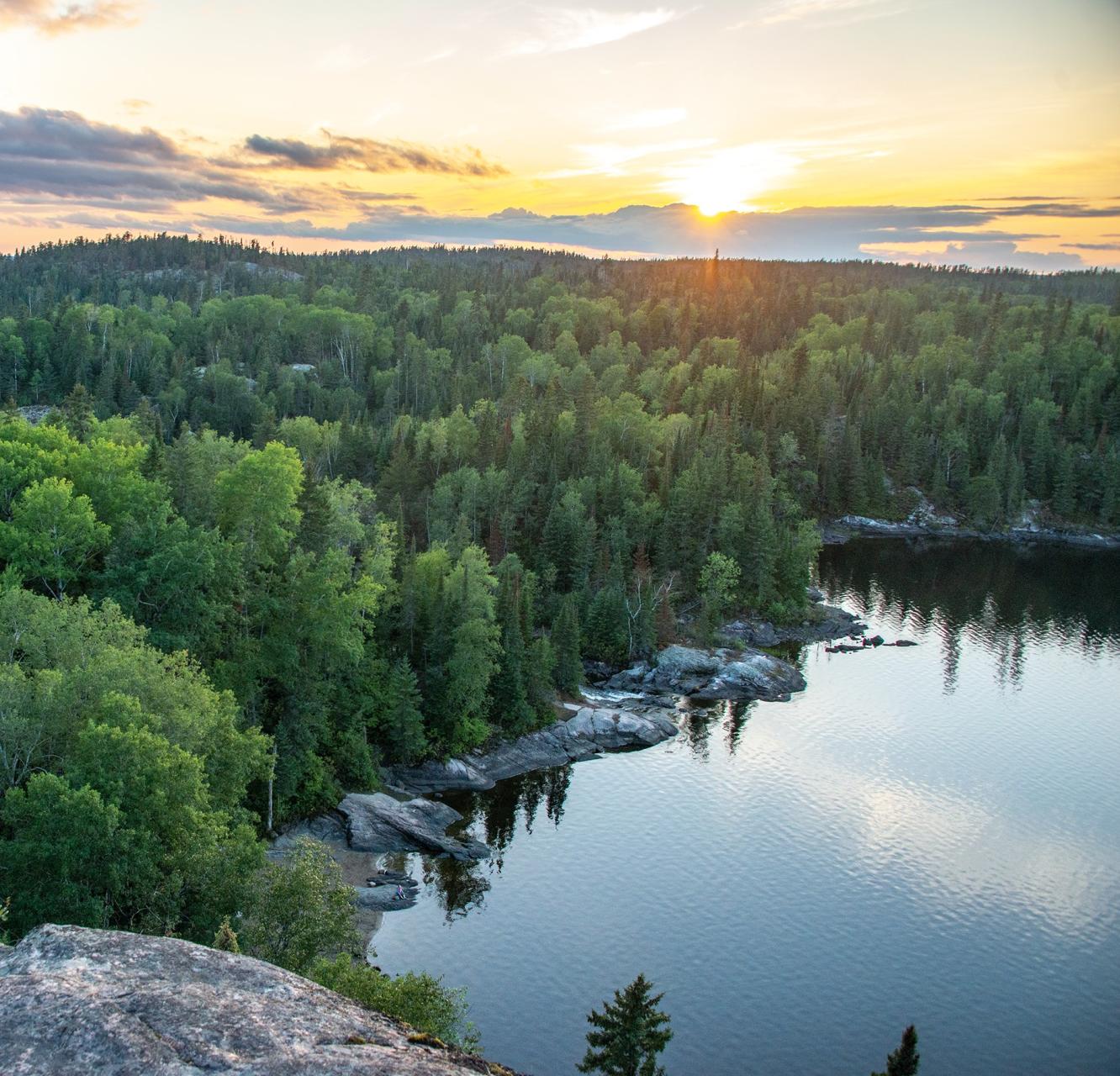Manitoba Conservation Vision
More nature preservation in Manitoba
Going to the lake is part of our everyday language in Manitoba. Nature is within our reach in all parts of the province. We visit to unwind, reconnect and restore our health. However, with a growing population, the number of accessible natural spaces we can enjoy needs to increase.
Achieving our global biodiversity commitments to protect 30 per cent of lands and waters by 2030 requires a clear vision for more protected nature in Manitoba. Supporting and encouraging Indigenous Protected and Conserved Area (IPCA) proposals is key to getting us to our goals.
Take Action
Nature rules! Protect parks and nature the right way.

The unobtained goal to protect nature
The movement to grow protected areas began in the 1990s, with governments worldwide pledging to protect 12 per cent of lands and waters. Decades later, Manitoba still has not reached that goal. More recently, scientific understanding of biodiversity has led the world to commit to preserving 30 per cent of the lands and waters by 2030, known as 30x30. The Manitoba government has committed to this goal, but has yet to take the bold action necessary to reach it or allocate the necessary funding to reach it.
Meanwhile, mining and logging companies in Manitoba continue to resist protections for nature, and instead want to use common lands and waters for private profit. Additionally, recreational activities like fossil-fuel-powered all-terrain vehicles damage the very biodiversity we need to protect. It’s time for Manitoba to take this challenge seriously and act decisively.

Gaining protected ground
The Wilderness Committee’s vision to conserve nature in Manitoba has had tremendous success. By continuously supporting and promoting the community-led plans of four First Nations in Eastern Manitoba, we helped establish Pimachowin Aki, a world heritage site with legislative protection for the communities.
We’re actively working with community members from many First Nations, including Hollow Water First Nation and Wuskwi Sipihk First Nation. Our ongoing efforts focus on securing permanent habitat preservation for species at risk like boreal caribou. And we’ll strive to ensure that protected nature exists in all our neighbourhoods. Join us to make sure we preserve the nature we all depend on.
Nature Rules! How Should Manitoba Expand Protected Areas?
Nature preservation not only tackles the biodiversity crisis but also lifts up society in other ways. With protected areas work, we can solve several problems with one action. Protecting nature around us benefits our health and education, helps stabilize the climate and, when done right, takes steps towards reconciliation with Indigenous Peoples.
Nature Rules
Logging and mining companies have a destructive hold on provincial parks. To get to our protected areas goals and to create places for our own peace, we need to eliminate industrial activity in all parks. Read our paper to see how to expand parks and protected areas with nature’s rules.
Campaign Gallery

Check Out More Updates
Join Us
Don’t miss your chance to make a difference. Receive campaign updates and important actions you can take to protect wildlife, preserve wilderness and fight climate change.







